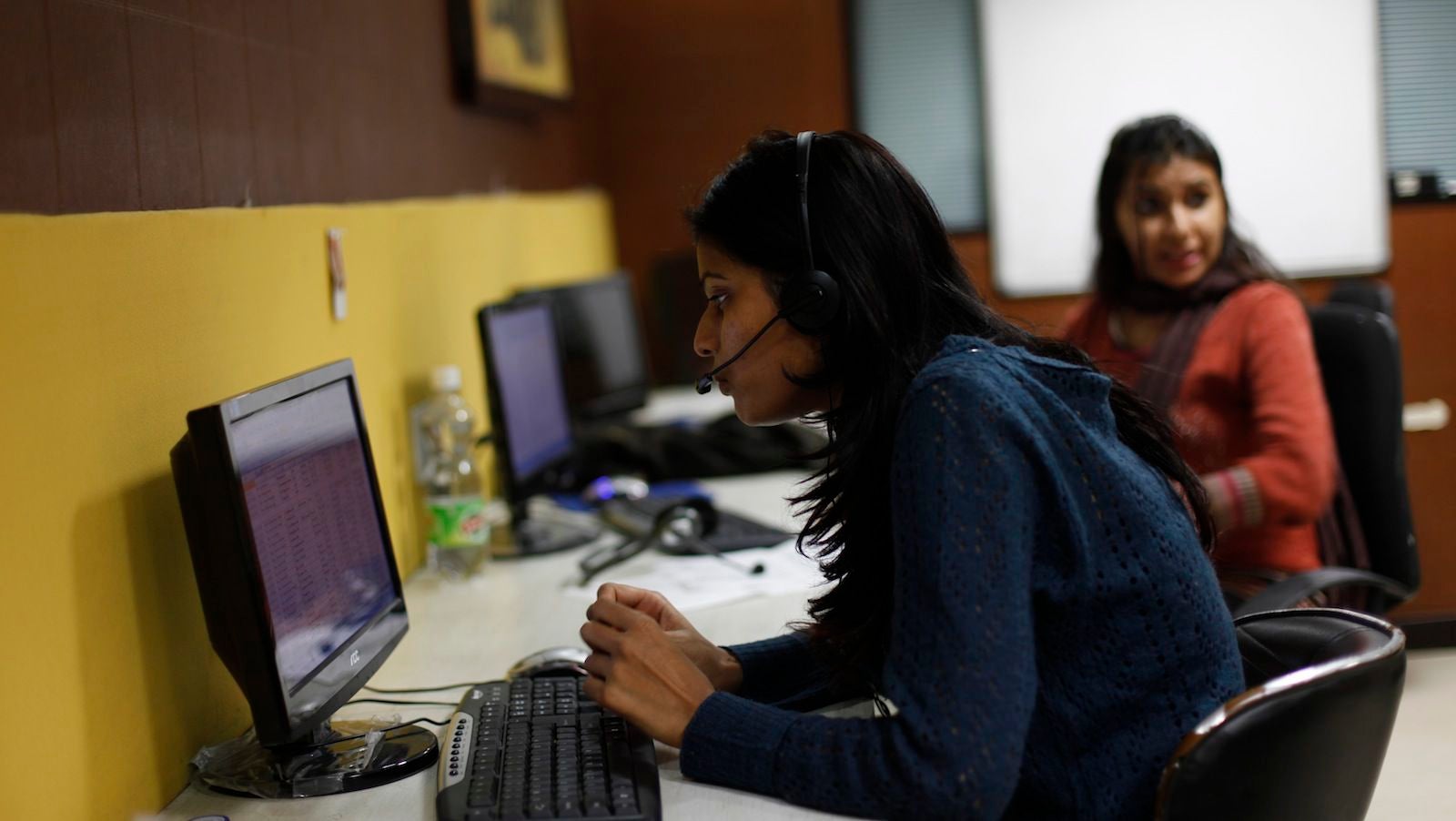Are you sure your company is in compliance with India’s new anti-sexual harassment law?
Last week, women and child development minister Maneka Gandhi sent an unambiguous message to Indian companies: comply with the country’s new sexual harassment law, or be ready to face the music.


Last week, women and child development minister Maneka Gandhi sent an unambiguous message to Indian companies: comply with the country’s new sexual harassment law, or be ready to face the music.
“Any organisation that does not have a sexual harassment committee will face serious legal action,” Gandhi told reporters.
The Sexual Harassment of Women at Workplace (Prevention, Prohibition and Redressal) Act, 2013 came into effect in December last year. Under the new law, companies are required to put in place a series of measures to provide a safe professional environment for women.
Most companies are yet to comply with the law. Non-compliance can result in a penalty of Rs 50,000 in the first instance. Repeated violation can result in termination of an employer’s business licence.
Recent high-profile cases such as the complaint against former Tehelka editor Tarun Tejpal by a woman journalist and charges against a former Supreme Court judge by an intern have resulted in increased awareness. But when it comes to compliance with the new norms, many companies fall short.
Here are the requirements and limitations of the new sexual harassment law. It also covers maids working in private homes, nurses at hospitals or students at any education institute.
Create a comprehensive anti-sexual harassment policy
The law defines harassment as: physical contact and advances, a demand or request for sexual favours; making sexually-coloured remarks; showing pornography; any other unwelcome physical, verbal or non-verbal conduct of a sexual nature.
Each company is required to list out exactly what constitutes unacceptable behaviour and its penal consequences. This policy has to be displayed at prominent places in the workplace.
But such policies can only be applied to harassment of women. The law does not provide protection to male workers.
“It is a great step, but the law is also retrograde,” said Antony Alex, a lawyer and CEO of Rainmaker, a company that provides online anti-sexual harassment training to corporates. “Sexual harassment at workplace is about misuse of power and both men and women can be victims.”
Set up an Internal Complaints Committee (ICC)
All employers of a workplace with more than ten workers are required to set up an internal complaints committee to investigate allegations of harassment. The ICC must constitute at least four members and at least half of them should be women. The committee should also include a presiding officer who is a woman employed at a senior level at the workplace, and an external member who is familiar with women’s rights.
According to a recent study, 80% of small and medium scale organisations in New Delhi have failed to meet the new legal conditions, but experts say this will change soon given the strict penalties.
“High-profile sexual harassment cases such as that involving Tarun Tejpal and Phaneesh Murthy have made corporations sit up and realise that nobody is above law. CEOs have to behave in a certain way,” said Nirmala Menon, founder of Interweave, a Bangalore-based consultancy, which helps new members of the ICC recognise, probe and resolve grievances.
Murthy is the former CEO of IT firm iGate who has attracted multiple sexual harassment lawsuits.
Organise workshops and awareness programs
In India, “eve-teasing”—a euphemism for sexual harassment—is not just culturally condoned, but is glorified by Bollywood and prominent politicians. As a consequence, many struggle to understand what can constitute sexual intimidation at work.
Rainmaker’s Alex reckons that 95% of the companies are yet to comply with this particular requirement of the new law. His firm provides online gender-sensitisation courses for large companies such as investment banks and technology firms.